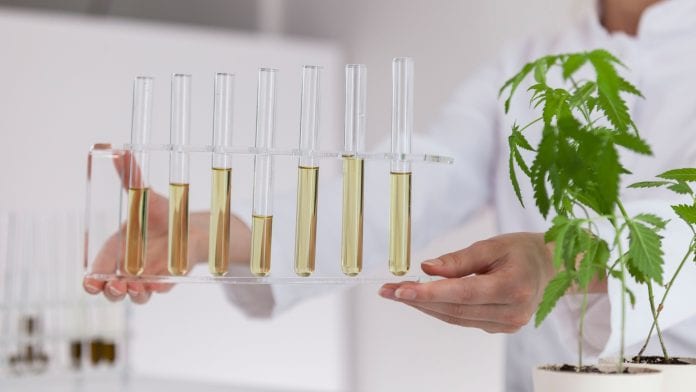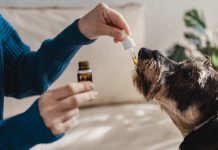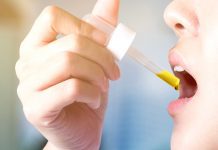
A scientific study has revealed differences between the CBD potency labelled on products and actual potency when measured.
GemmaCert has revealed the results of a scientific study which points toward a significant deviation between labelled and measured cannabidiol (CBD) potency on commercially available products. These results raise safety and efficacy concerns.
According to new research by Grand View Research (2019), the global CBD market is forecasted to reach $9.69bn by 2025, growing at a CAGR of 32.6%.
Testing for cannabis potency
The study was conducted by Professor Poulas Konstantinos and his team from the Department of Pharmacy at the University of Patras in Greece, and in collaboration with GemmaCert, a market leader for cannabis analytics. The findings will be presented at the 20th International Congress of the International Society for Ethnopharmacology to be held in Thessaloniki, Greece, in April 2020.
Multiple products, legally available on the Greek market, from seven companies were analysed using the industry gold standard for testing cannabis potency, High Performance Liquid Chromatography (HPLC), and GemmaCert‘s cannabis potency testing solution based on its patented technology combining near-infrared spectroscopy, image analysis and advanced data analytics.
Calculations from both devices show that on average product labels understated CBD levels by 50.8%. Results from 206 tests also confirm a close correlation between HPLC and GemmaCert performance with an average variance of 9.63% between the two analytical methods of estimation.
CBD supplements and pharmaceuticals
CBD can be found today in many consumer products from cosmetics and personal care to dietary supplements and pharmaceuticals. According to Orian Research Group (2019), CBD products could account for about 0.15% of the global health and wellness market value by 2028.
While CBD does not result in euphoria or intoxication, as is the case with tetrahydrocannabinol (THC), it can cross the blood-brain barrier and result in mood and perception changes.
Dr Guy Setton, CEO of GemmaCert, said: “Ensuring accurate CBD dosage labelling is important for consumer safety and efficacy.”.
Earlier this year GemmaCert unveiled the industry’s first presumptive field test to effectively detect the percentage of THC present in cannabis, as low as 0.2%, to accurately distinguish within minutes between hemp and cannabis.
Regulatory supervision over CBD companies is expected to increase significantly as the industry continues to expand globally. Companies marketing CBD products will likely face substantial regulatory exposure and liability if they are not able to make sure their labels are accurate.
“The industry winners will be those who invest in Quality Control to ensure that their products are consistent, safe and predictable,” Setton added.
Do you want the latest news and updates from Medical Cannabis Network? Click here to subscribe to all the latest updates, and stay connected with us here.










Where can I view the full results?
Dear Shomi,
The findings will be presented at the 20th International Congress of the International Society for Ethnopharmacology to be held in Thessaloniki, Greece, in April 2020.
Thank you for your interest in our article.
Kind regards
Team MCN